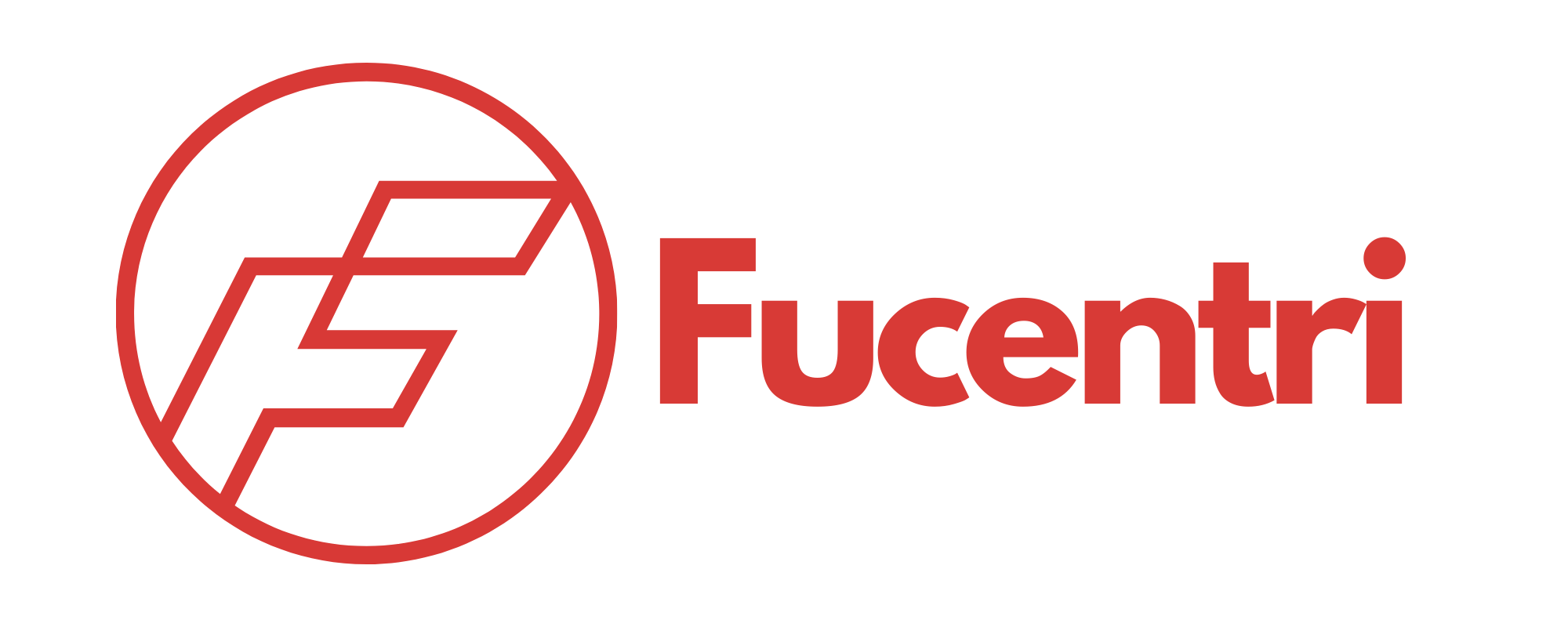Navigating the Challenges of Decentralization: Ensuring Security and Scalability in New Applications
While the potential benefits of decentralization are substantial, the journey toward widespread adoption is fraught with challenges. As organizations explore the implementation of decentralized technologies, ensuring security and scalability becomes paramount. Addressing these challenges is essential for unlocking the full potential of decentralization across various sectors.
Security is a primary concern when it comes to decentralized systems. Traditional centralized databases have established security measures, but the decentralized nature of blockchain and distributed ledger technologies introduces new vulnerabilities. For instance, while blockchain offers enhanced security through cryptographic methods, the network can still be susceptible to attacks, such as 51% attacks, where a malicious actor gains control of the majority of the network's computing power. Therefore, organizations must prioritize robust security measures to protect against potential threats.

Another critical aspect of security is user education. As decentralized systems often require users to manage their private keys, a lack of understanding can lead to costly mistakes. Educating users about the importance of safeguarding their credentials and recognizing phishing attempts is crucial for maintaining security in decentralized applications.
Scalability presents another significant challenge. Many existing decentralized networks struggle to process transactions at the speed and volume required for mainstream adoption. For example, Ethereum, one of the leading blockchain platforms, has faced scalability issues, leading to increased transaction fees and slower processing times during peak usage. To overcome these challenges, researchers and developers are actively exploring solutions, such as layer-two scaling solutions and sharding, which aim to enhance the efficiency and capacity of decentralized networks.

Moreover, interoperability among different decentralized systems is essential for creating a seamless user experience. As more organizations adopt decentralized technologies, the ability for various platforms to communicate and work together will become increasingly important. Developing standardized protocols and frameworks can help facilitate interoperability, allowing users to navigate multiple decentralized applications with ease.
Regulatory considerations also play a crucial role in the challenges of decentralization. As governments and regulatory bodies grapple with how to classify and regulate decentralized technologies, organizations must stay informed about evolving legal frameworks. Engaging with regulators to establish clear guidelines can help foster an environment conducive to innovation while ensuring compliance with existing laws.

In conclusion, navigating the challenges of decentralization requires a multifaceted approach that prioritizes security, scalability, interoperability, and regulatory compliance. By addressing these issues head-on, organizations can unlock the full potential of decentralized technologies and pave the way for a more equitable and efficient future. As the landscape continues to evolve, proactive measures will be essential for fostering trust and driving widespread adoption of decentralization across various sectors.




